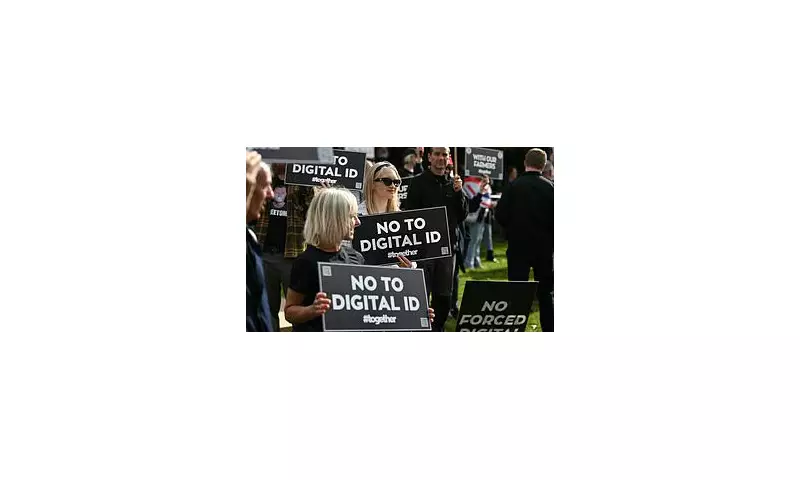
The British government's renewed push for digital identity cards is sparking fierce resistance from civil liberties advocates and political commentators who warn of irreversible consequences for personal freedoms.
A Slippery Slope to Surveillance?
Political journalist Euan McColm has emerged as a vocal critic of Prime Minister Rishi Sunak's proposed digital ID system, arguing that what begins as a convenient administrative tool could quickly evolve into something far more intrusive. The concern isn't just about carrying a card, McColm warns, but about creating an infrastructure that could be expanded for widespread monitoring of citizens.
"The argument that if you have nothing to hide, you have nothing to fear is dangerously naive," McColm contends. "Once this system exists, the temptation for future governments to expand its uses will be overwhelming."
Lessons from History's Hard Way
Opponents point to previous failed attempts to introduce ID cards in Britain as evidence that the public remains deeply skeptical. The last major effort under the Labour government was scrapped in 2010 after widespread opposition and concerns about costs exceeding £5 billion.
McColm draws parallels with other government technology projects that have overpromised and underdelivered while accumulating staggering costs. "We've seen this story before," he notes. "Grand technological solutions that promise efficiency but deliver bureaucracy and intrusion."
The Mission Creep Concern
Critics highlight the risk of "function creep" - where a system introduced for limited purposes gradually expands its reach. What might begin as verification for banking or government services could eventually become mandatory for everything from healthcare access to internet usage.
"The most concerning aspect," McColm argues, "is how normalised this surveillance could become. Future generations might not even question why the government needs to track their every transaction and movement."
A Defining Battle for British Liberties
The debate over digital ID cards represents more than just a policy disagreement—it strikes at fundamental questions about the relationship between citizens and the state in modern Britain. As technology advances, the tension between security and liberty continues to intensify.
McColm's warning resonates with many who see this as a watershed moment: "If we don't muster the energy to resist this now, we may wake up one day in a country that would be unrecognisable to previous generations of Britons who fought to protect our fundamental freedoms."
The battle lines are drawn, and the outcome could shape the nature of privacy and state power in Britain for decades to come.






